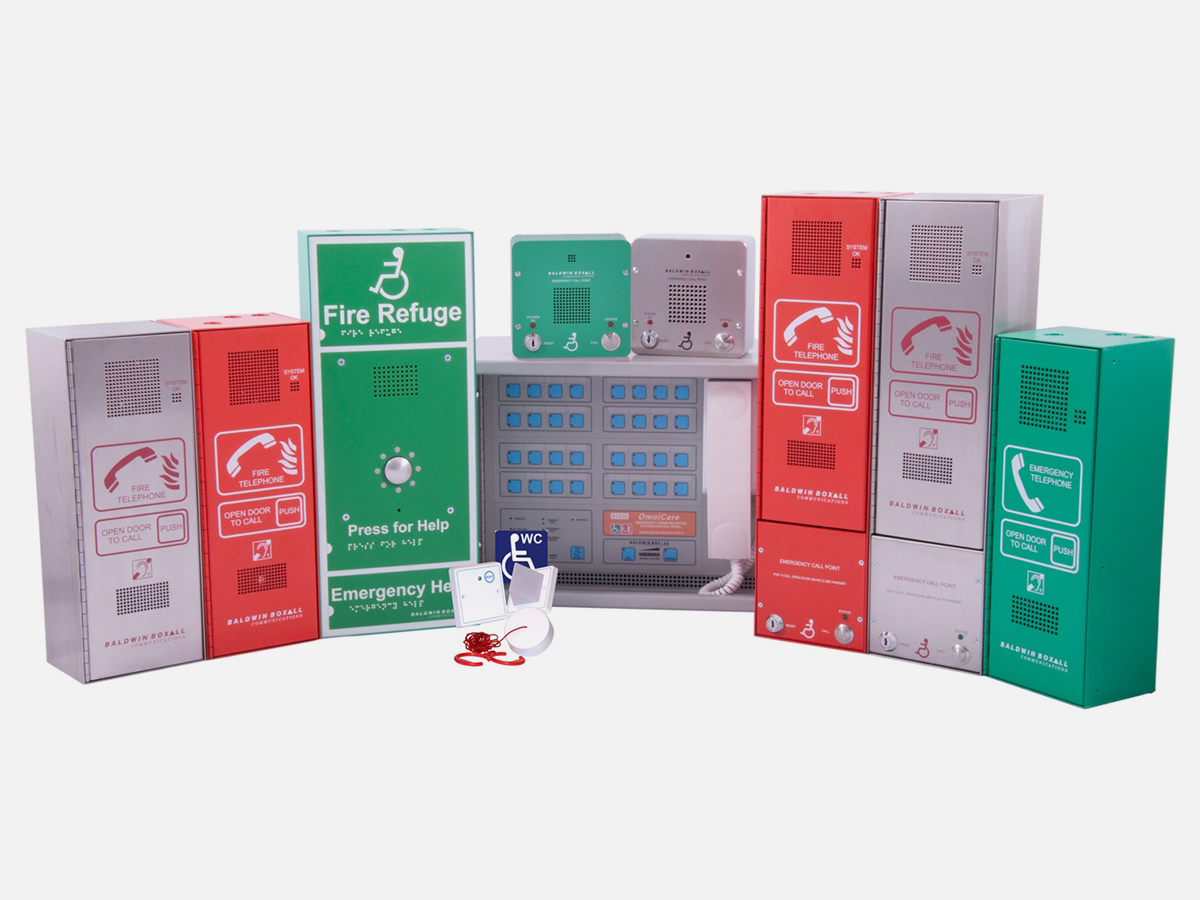EVC Systems
Clear Communication in Times of Crisis
Seamless communication to enhance safety in critical situations.
In the realm of fire safety for commercial premises, the significance of Emergency Voice Communication (EVC) systems cannot be overstated. These systems assume a pivotal role in ensuring effective communication and coordination during the critical moments of a fire emergency. In the midst of chaos and urgency, EVC systems provide a lifeline that guides and informs occupants, enabling them to navigate evacuation procedures with clarity and precision.
The ability to convey concise instructions and relay crucial information to both individuals and emergency responders is paramount in minimizing confusion and expediting safe evacuation. EVC systems bridge the gap between panic and control, offering a robust mechanism for real-time communication that ensures everyone’s well-being.

EVC for your business
Investing in an EVC system not only demonstrates a commitment to the safety and well-being of occupants but also provides a vital tool for effective emergency response. By enabling clear communication, facilitating efficient evacuation, and ensuring inclusivity, EVC systems contribute to a comprehensive fire safety strategy that safeguards lives, property, and business continuity.
